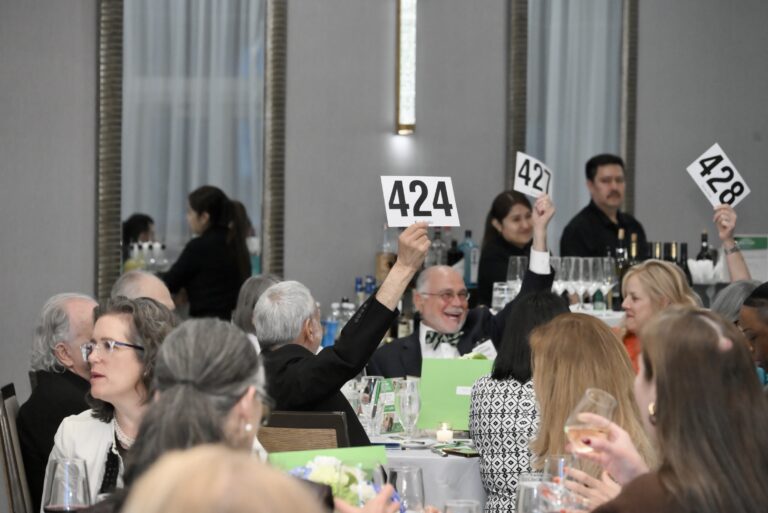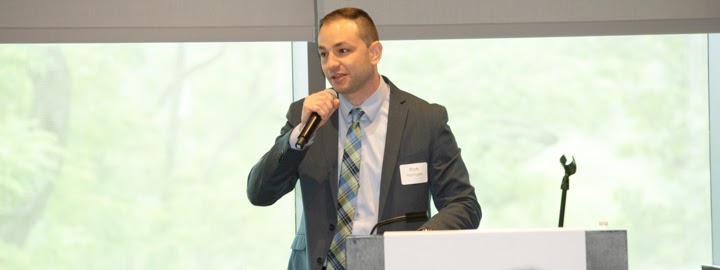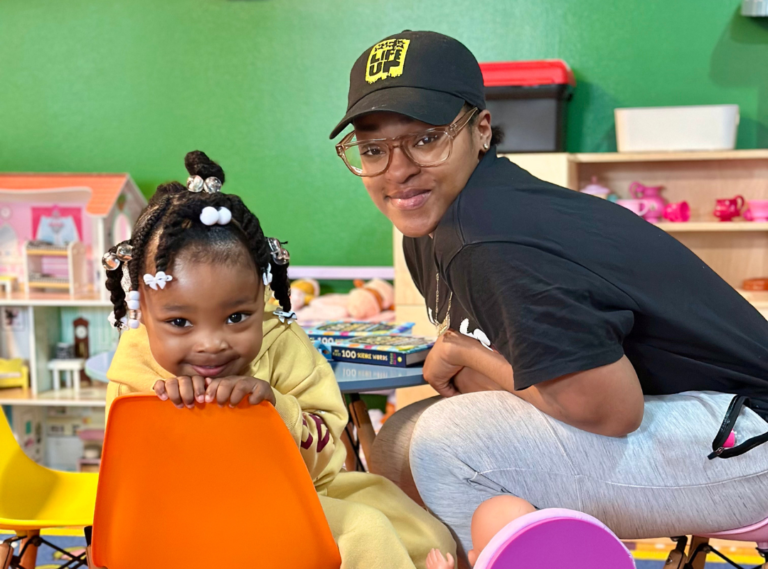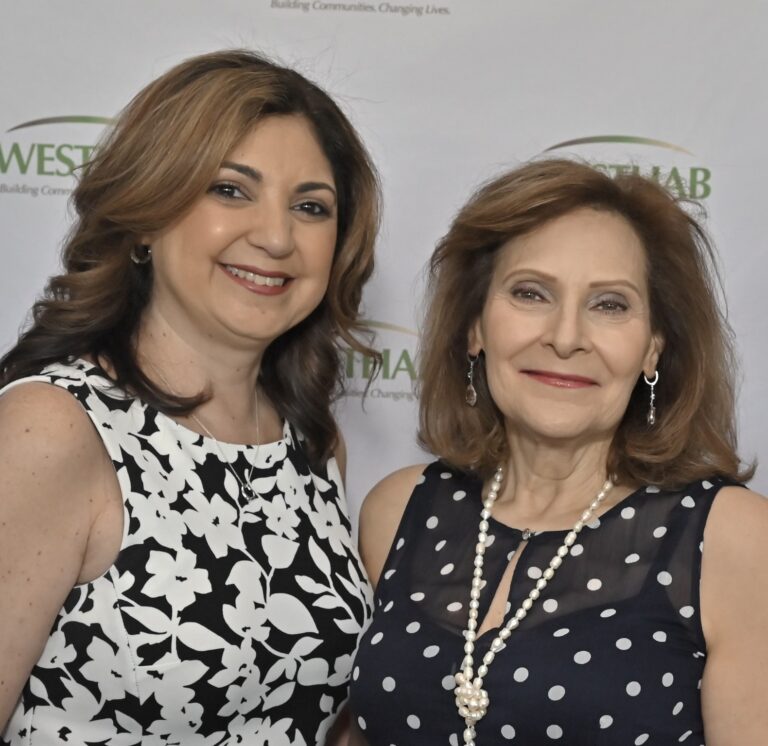
Five Lessons from Leading

This is the first installment in our celebratory series: Leading through Change—40 years of Westhab.
In 2016, Westhab had an annual budget of $28 million and 250 employees. We were a substantial and established community development nonprofit with a 35-year track record in Westchester County. We then ventured into New York City, balancing a new, vast landscape with our continued work in our home county. Five short years later, Westhab’s annual budget is now $101 million and we are 700 employees strong. We didn’t pursue growth for growth’s sake. Instead, we saw need and felt our expertise and our model could be of value. Apparently, others agreed.
As we turn 40 this year—actually both me and Westhab —here are some reflections on sustained growth.
Accept that different is different.
I used to sign every check, and I probably knew every employee’s favorite hobby or sports team. I continue to keep a hand in our operations on the frontlines, but it simply can’t be the same. And it shouldn’t be. I am divided among more sites, more staff, and more external relationships. We’ve automated more processes. I’ve delegated approvals further down the chain. I continue to maintain various quality assurance measures, but I’ve accepted the ways in which things are different now. The hardest part was accepting the things I had to let go of. It turns out that the really capable people all around me are keeping better tabs on things than I ever did.
Build the bench.
This has been the most exciting part of our work these last five years. We created additional levels of leadership—differentiating between Senior Vice President, Vice President, and Assistant Vice President—to help carry the load. We added new talent where needed and promoted internal stars. I overcame my reluctance to introduce the title of Chief Operating Officer and then promoted my right-hand person to the role, immediately wondering what had taken me so long. With our new scale, there have been great opportunities for internal promotions all around the agency. Building strong teams and challenging top performers to continue reaching has been a real joy.
Adapt your role.
With all this new leadership, what is left for a CEO to do? I don’t like to golf or nap. With day-to-day operations in supremely capable hands, it’s given me the liberty to focus on building new relationships, pursuing new opportunities, and thinking strategically. It’s become more important for me to intentionally schedule time to be available to chat with staff of all levels, thank people for their contributions, and explore areas that need more attention. Westhab today needs a different kind of CEO than we did in the past, and I’m accepting that challenge and working to meet new needs.
Never stop changing.
Immediately after our last re-organization, my COO and I started thinking about the next one. We built a system to catch-up for today, but we are still working on building the infrastructure for tomorrow. As soon as we start feeling comfortable, we realize that an aspect of our operation is falling behind. We used to ask—what would it take to truly become a 21st-century Westhab? Turns out we are already 21 years into this century, and we need to make bolder plans to create a sustainable long-term future. The work of organizational growth and evolution never stops.
Quality always.
We’ve actually never set any kind of growth quota. That may be common in for-profit, sales-oriented environments, but most nonprofits are wary not to do any work someone else could do better or that will pull us from our core mission. I actually think we’ve homed in even further on our specific mission, rather than allowed for any mission drift.
Without setting a target, Westhab has now achieved a scale where we can do some interesting new things. We can pilot innovative solutions. We can say “no” to opportunities that we don’t think are quite right. We can work more on internal and external communications, data tracking, and staff development. And we continue to set no expectations on growth. We could grow a bunch and be less successful. We could stop growing and still be innovating and evolving. We are in search of impact and efficacy, and if that spurs growth so be it; the plan is quality first, quality always, growth optional.
We continue to have so much to learn. We have many inspiring partner organizations pushing this important work to new places. We want to be part of new solutions. We want to maximize our value in our community to create the change we want to see in the world. I guess we’ll have to continue taking it day by day and doing the best we can. Turning 40 is not so bad … for Westhab anyway.

